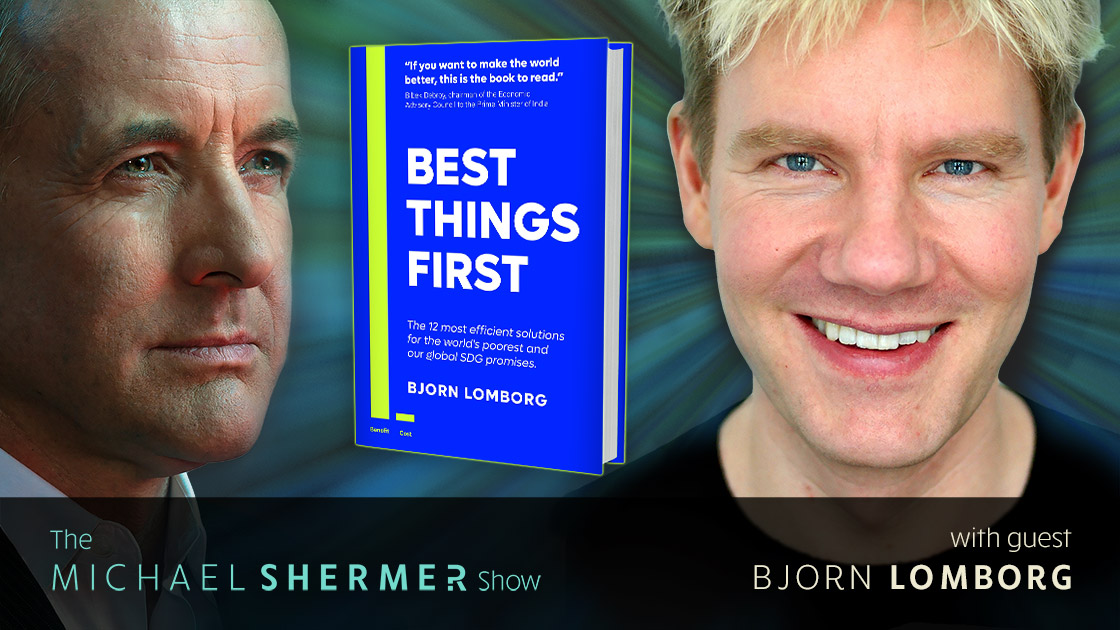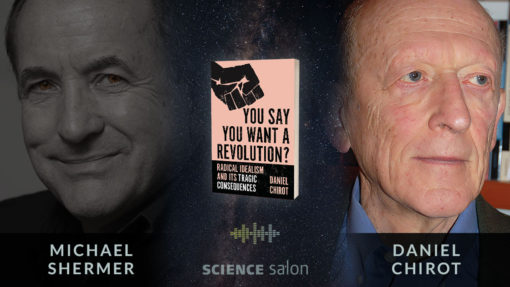corruption

Shermer and Lomborg discuss: perfect solutions vs. practical trade-offs • benefit-cost analysis • time horizons and discounting the future • the value of a statistical life • saving the environment, the poor, the diseased • the millennium development goals • the sustainable development goals • tuberculosis • education • maternal and newborn health • agricultural R&D (more and cheaper food) • malaria • land tenure security • nutrition • chronic diseases • childhood immunization • corruption • highly skilled migration.
Michael Shermer speaks with Brian Klass about power and corruption, based on his book Corruptible: Who Gets Power and How it Changes Us. PLUS: In Memoriam: Edward O. Wilson (1929–2021) — entomologist, evolutionary theorist, and unifier of all knowledge. Read the interview from Skeptic 6.1 (1998).

Does power corrupt, or are corrupt people drawn to power? Are entrepreneurs who embezzle and cops who kill the result of poorly designed systems or are they simply bad people? What sort of people aspire to power anyway? Are there individuals among us who should never be given the title of president, or CEO, or PTA leader lest they build their own dictatorship?

Why have so many of the iconic revolutions of modern times ended in bloody tragedies? What lessons can be drawn from these failures today, in a world where political extremism is on the rise and rational reform based on moderation and compromise often seems impossible to achieve? Daniel Chirot examines a wide range of right- and left-wing revolutions around the world — from the late eighteenth century to today — to provide important new answers to these critical questions.
In Science Salon # 106 Michael Shermer speaks with Daniel Chirot about his book You Say You Want a Revolution? Radical Idealism and its Tragic Consequences. PLUS: An excerpt from Is A Good God Logically Possible? by James P. Sterba.











